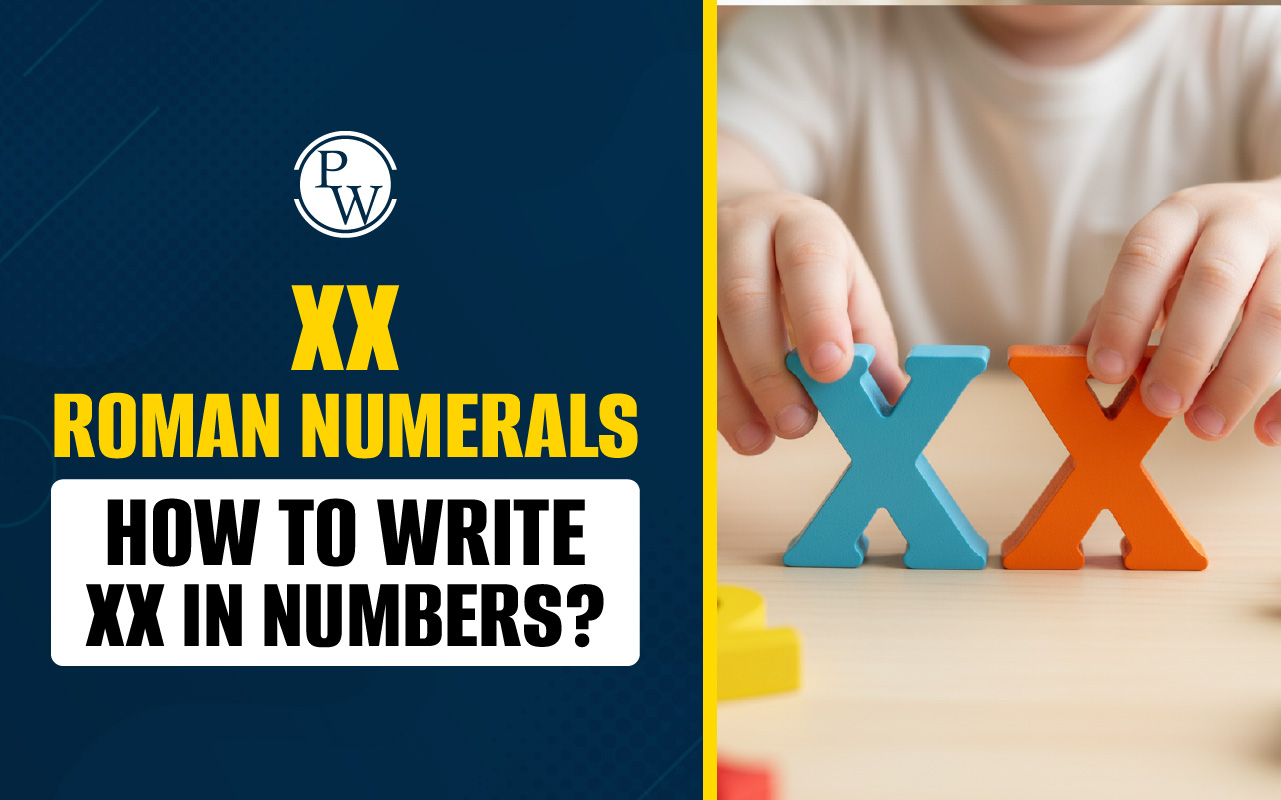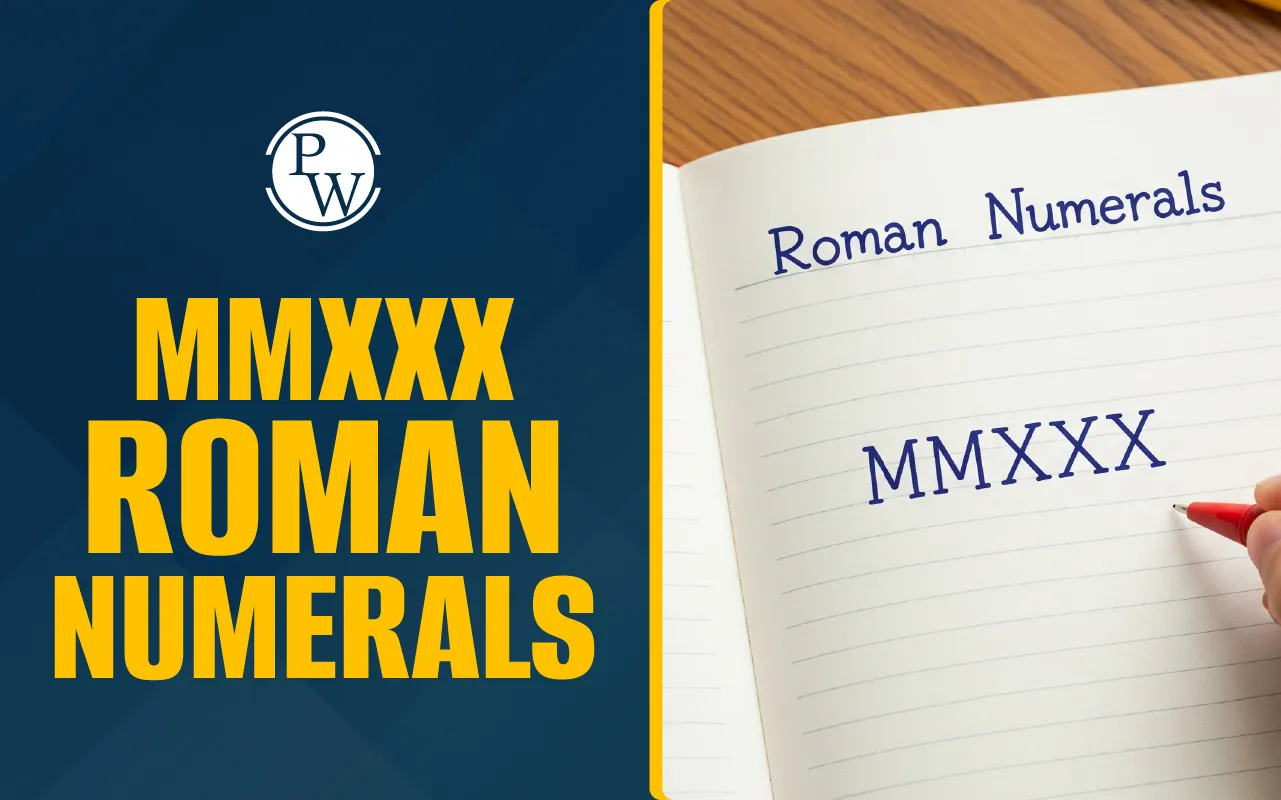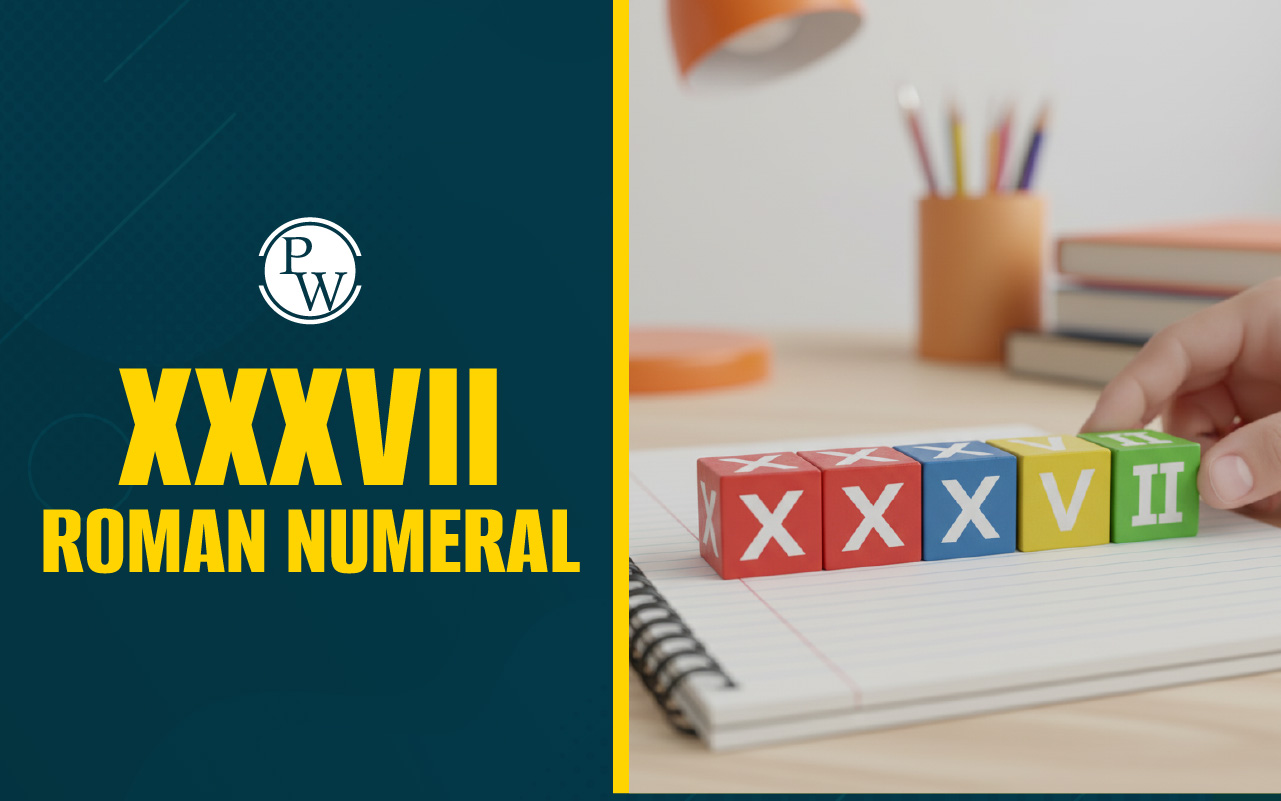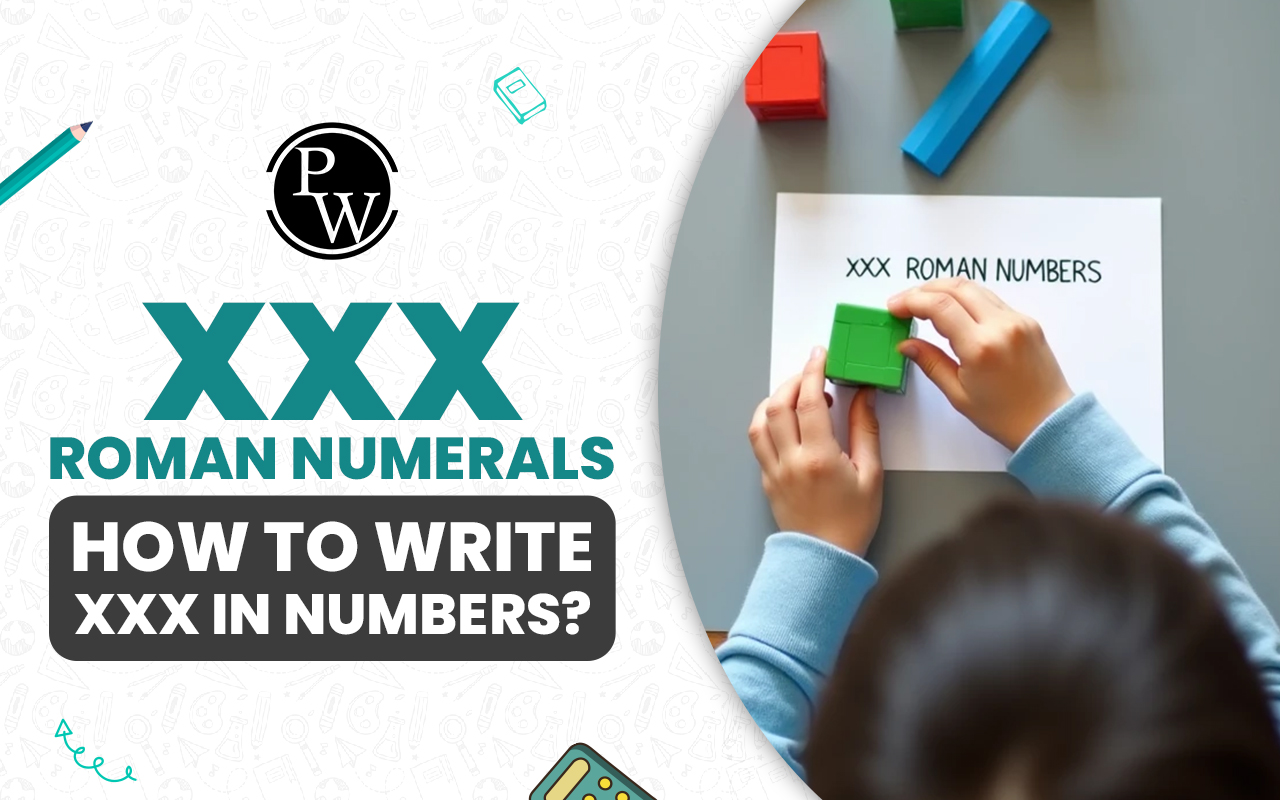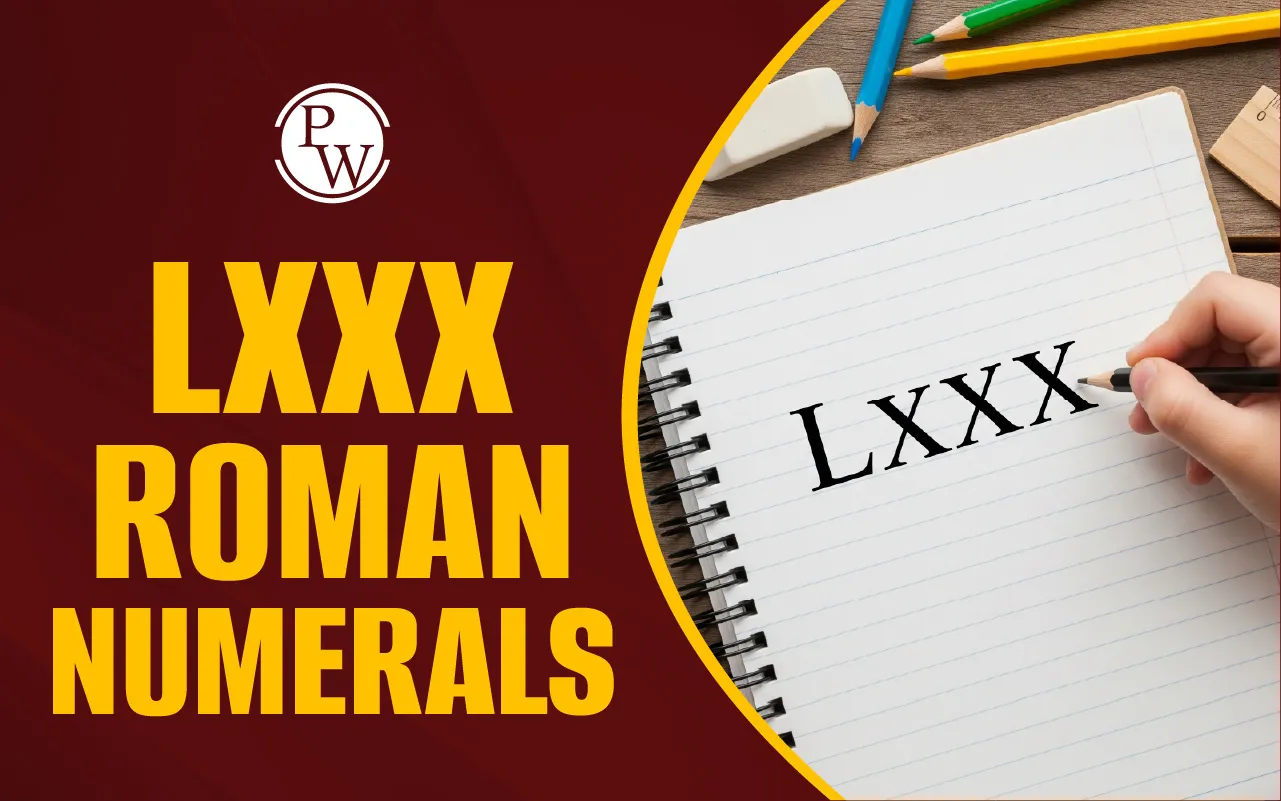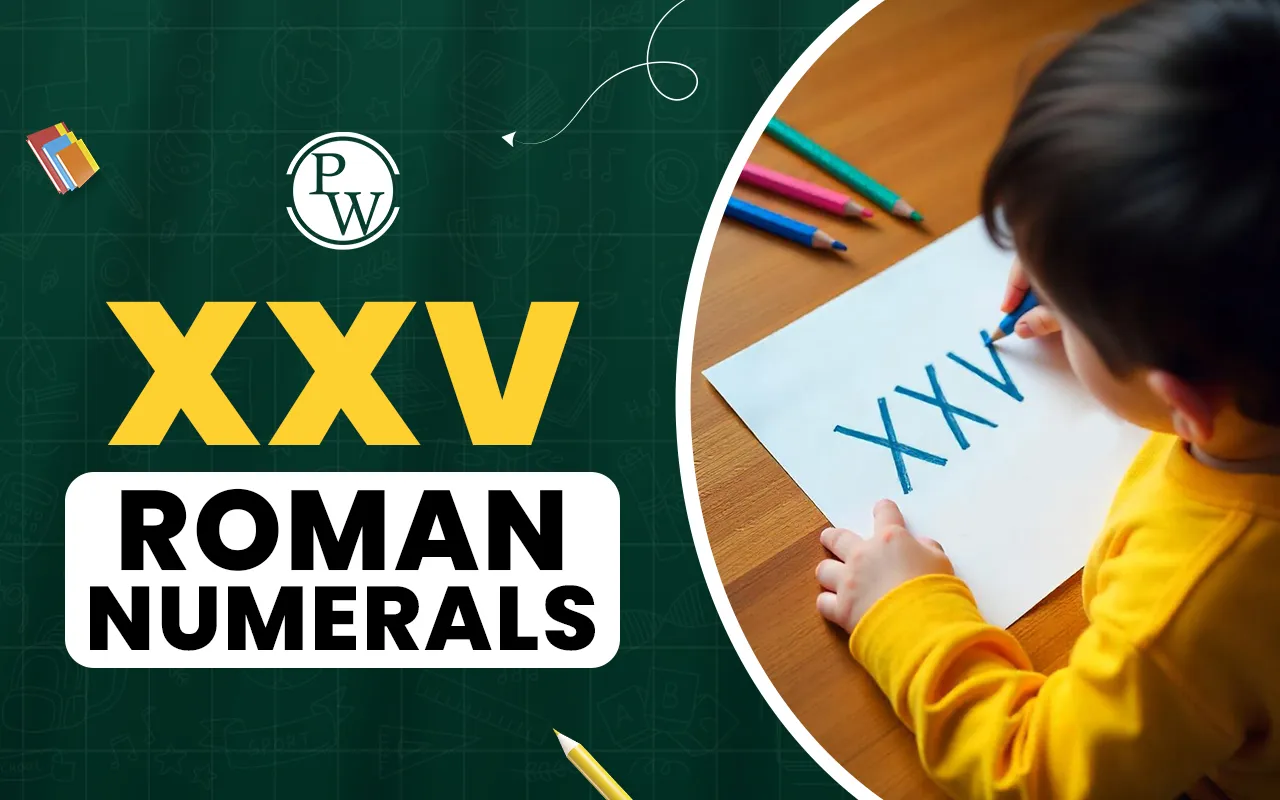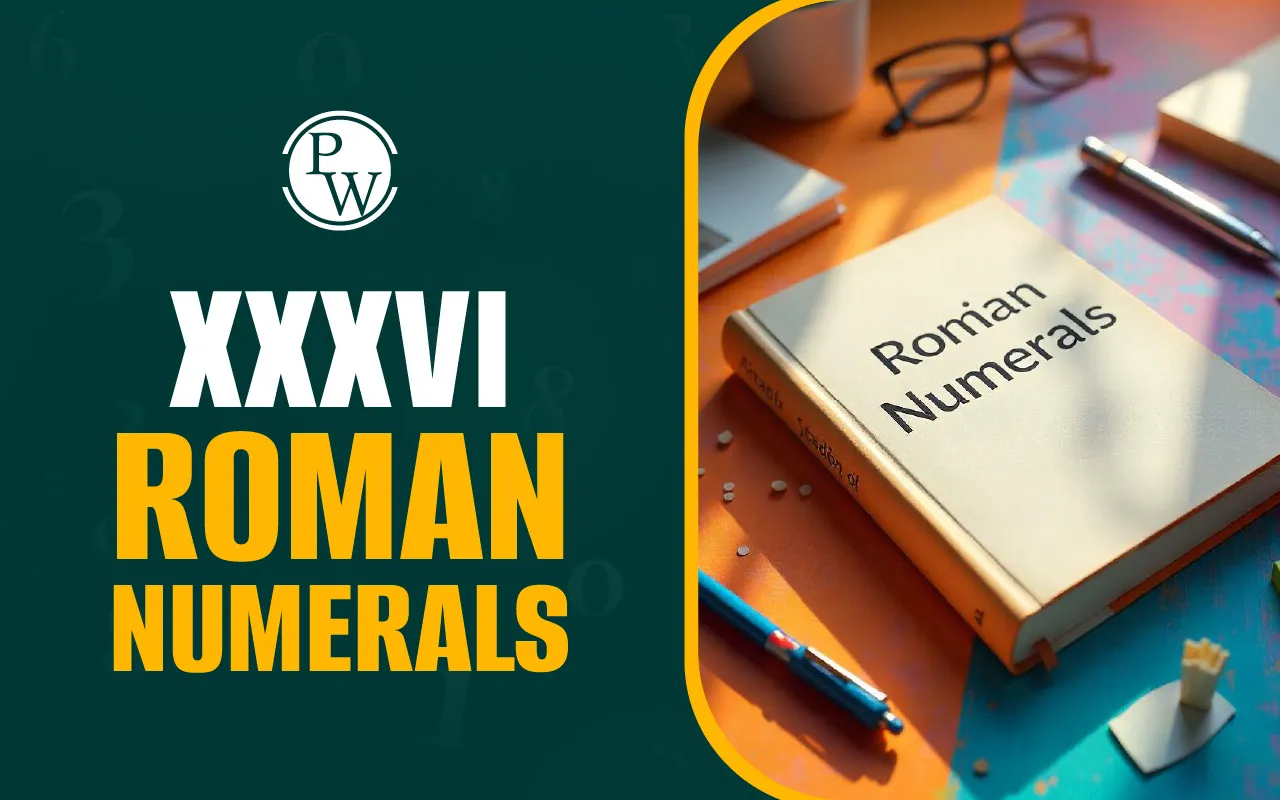
Demonstrative Pronouns are a special type of pronoun that replace nouns to point out specific things, people, or directions. They help you show exactly what you’re referring to without repeating the same noun. This makes sentences clearer and more interesting.
These pronouns can also indicate if something is close or far from the speaker. Let’s look at how demonstrative pronouns work in sentences and why they’re so helpful for making your writing and speech more engaging and precise.What Are Demonstrative Pronouns?
A demonstrative pronoun is a pronoun that points to specific people or things and shows whether they are near or far from the speaker. Demonstrative pronouns stand in place of nouns and help to avoid repetition. In simpler terms, they are used to "demonstrate" or "point out" something specific. The four main demonstrative pronouns in English are:- This (singular)
- That (singular)
- These (plural)
- Those (plural)
How to Use Demonstrative Pronouns?
When using demonstrative pronouns, it’s important to match the pronoun to the number (singular or plural) and the distance (near or far) of the object being referred to. Here’s an easy way to remember: This and These are used for items that are close to the speaker . Example for singular : “ This is my favorite book.” Example for plural : “ These are my favorite stories.” That and those are used for items that are farther from the speaker . Example for singular: “ That is a beautiful painting.” Example for plural: “ Those are the mountains we visited last year.Demonstrative Pronouns Examples
Let’s practice with a few examples to see how well you understand demonstrative pronouns:- This : “ This is the best drawing I’ve ever made.”
- That : “Do you see that cloud shaped like a dragon?”
- These : “ These are the apples we picked from the orchard.”
- Those : “ Those were the days when we played outside until sunset.”
- “___ is my favourite song playing on the radio.”
- “I can’t believe ___ is the house we grew up in.”
- “___ are the flowers we planted last spring.”
- “Do you see ___ birds sitting on the fence?”
- This
- That
- These
- Those
Demonstrative Pronouns vs. Demonstrative Adjectives
A common source of confusion is the difference between demonstrative pronouns and demonstrative adjectives. While both use the words this , that , these , and those , they function differently in sentences. Demonstrative Pronoun : Replaces a noun in the sentence. It stands alone without the noun it refers to. Example: “ These are amazing!” (Here, “these” acts as a pronoun that replaces the name of the object being talked about.) Demonstrative Adjective : Describes and comes before a noun, adding more information about it. Example: “ These apples are sweet.” (Here, “these” modifies the noun “apples” and acts as an adjective.) Key Point : When a demonstrative word is followed by a noun, it functions as an adjective. When it stands alone and refers to a noun that is implied, it acts as a pronoun.Common Mistakes with Demonstrative Pronouns
Misuse of "This" and "That" : Sometimes, people use this for something far away, which can be confusing. Always remember that this refers to something near and that refers to something far away.- Incorrect: I love this chair over there. (If the chair is far, "that" should be used.)
- Correct: I love that chair over there.
- Incorrect: This are my keys.
- Correct: These are my keys.
Demonstrative Pronouns Use To E xpress Ideas
Did you know demonstrative pronouns like this, that, these, and those don’t just work for objects? They can also be used to point out ideas or events! For example, when you say, “This is why I love weekends,” “this” refers to the idea of enjoying weekends. Similarly, in “That was an amazing concert!” , “that” points to the event itself. These words make it easy to talk about things without repeating their names, making your sentences clearer and more engaging.Demonstrative Pronouns in Storytelling
Demonstrative pronouns can enhance storytelling by making pointing out specific items or details easier. Imagine you’re at a park with your friends, enjoying a picnic. You hold up a container and say, “These are the cookies I made myself,” referring to the cookies in your hands. Then, pointing to the picnic basket a bit farther away, you add, “Those are the sandwiches my mom packed.” By using “these” and “those,” you can clearly show which snacks you’re talking about without repeating their names. Demonstrative pronouns are simple, yet powerful tools in language that help us make our speech and writing clear and direct. Whether you’re telling a story, describing your favorite things, or pointing out something in the distance, this , that , these , and those can help you express yourself with ease.| Related Links | |
| Pronouns | Antonyms |
| Singular nouns | Synonyms |
| Plural nouns | Conjunctions |
Talk to a counsellorHave doubts? Our support team will be happy to assist you!

FAQs
Can demonstrative pronouns be used in questions?
Yes, demonstrative pronouns can be used in questions to point out specific things or ideas. For example, “What is that?” or “Are these yours?” help specify what is being referred to.
Can demonstrative pronouns refer to people?
Yes, demonstrative pronouns can refer to people in certain contexts. For instance, in “Those are the students who won the contest,” “those” points to specific people.
Is it correct to start a sentence with a demonstrative pronoun?
Absolutely. Sentences can start with demonstrative pronouns to introduce or highlight something. For example, “This is what we need to discuss,” or “Those were some great memories.”
Why are demonstrative pronouns important in writing and speech?
Demonstrative pronouns are important in writing and speech because they help avoid repetition and make sentences clearer. For example, instead of saying, “The cake is delicious. The cake is moist and fluffy,” you can say, “The cake is delicious. It is moist and fluffy,” or, “The cake is delicious. This is moist and fluffy.” This use of a demonstrative pronoun eliminates the need to repeat “the cake” and makes the sentence flow better.
Free Learning Resources
PW Books
Notes (Class 10-12)
PW Study Materials
Notes (Class 6-9)
Ncert Solutions
Govt Exams
Class 6th to 12th Online Courses
Govt Job Exams Courses
UPSC Coaching
Defence Exam Coaching
Gate Exam Coaching
Other Exams
Know about Physics Wallah
Physics Wallah is an Indian edtech platform that provides accessible & comprehensive learning experiences to students from Class 6th to postgraduate level. We also provide extensive NCERT solutions, sample paper, NEET, JEE Mains, BITSAT previous year papers & more such resources to students. Physics Wallah also caters to over 3.5 million registered students and over 78 lakh+ Youtube subscribers with 4.8 rating on its app.
We Stand Out because
We provide students with intensive courses with India’s qualified & experienced faculties & mentors. PW strives to make the learning experience comprehensive and accessible for students of all sections of society. We believe in empowering every single student who couldn't dream of a good career in engineering and medical field earlier.
Our Key Focus Areas
Physics Wallah's main focus is to make the learning experience as economical as possible for all students. With our affordable courses like Lakshya, Udaan and Arjuna and many others, we have been able to provide a platform for lakhs of aspirants. From providing Chemistry, Maths, Physics formula to giving e-books of eminent authors like RD Sharma, RS Aggarwal and Lakhmir Singh, PW focuses on every single student's need for preparation.
What Makes Us Different
Physics Wallah strives to develop a comprehensive pedagogical structure for students, where they get a state-of-the-art learning experience with study material and resources. Apart from catering students preparing for JEE Mains and NEET, PW also provides study material for each state board like Uttar Pradesh, Bihar, and others
Copyright © 2026 Physicswallah Limited All rights reserved.


